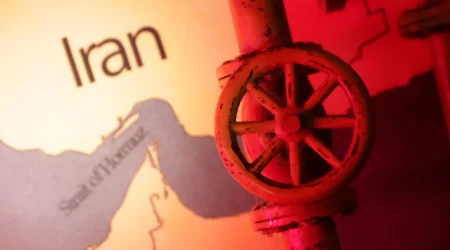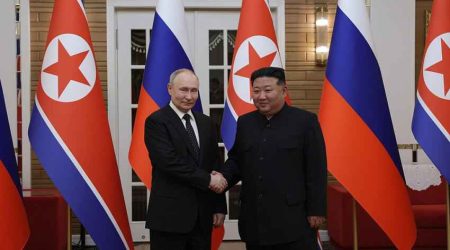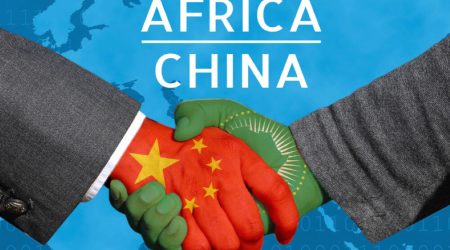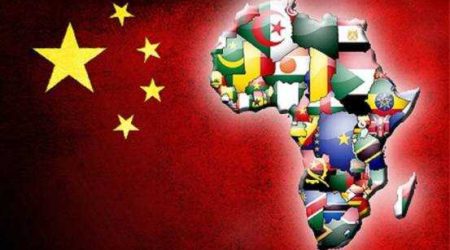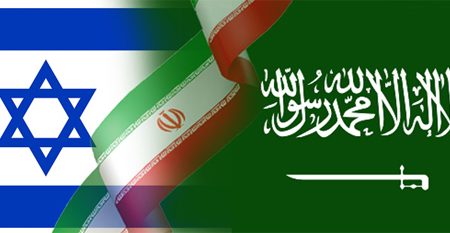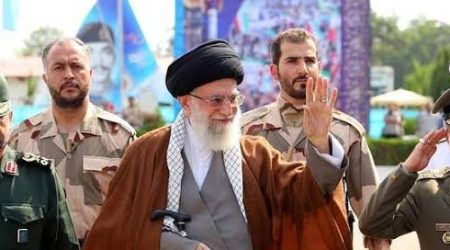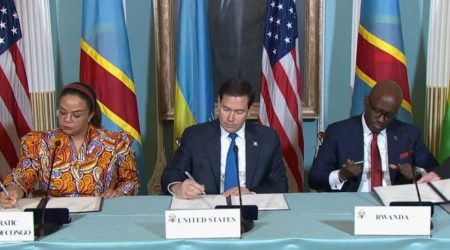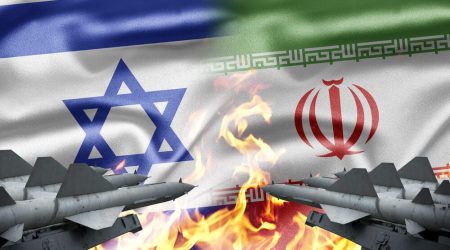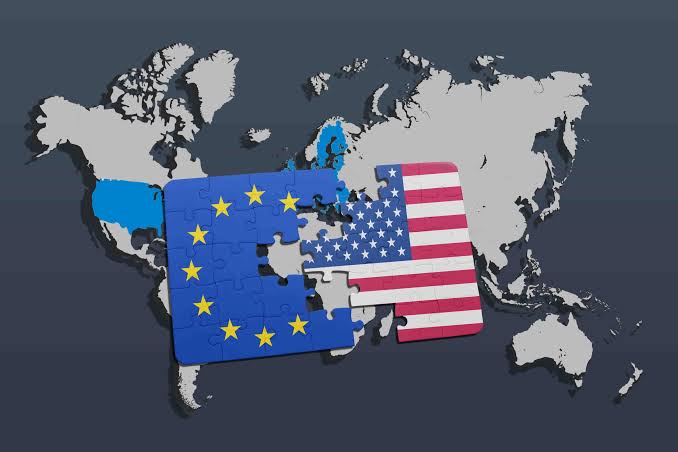
3
Mar
US-Europe Spat and the African States’ Quest for Greater Autonomy
The transatlantic relationship, once a cornerstone of the post-World War II global order, is experiencing a period of significant strain. The growing rift between the United States and Europe, that can be dubbed the “transatlantic spat,” has sent ripples across the global political, security and economic landscape. This “spat,” characterized by diverging economic interests, differing security priorities, and contrasting approaches to global governance, presents Africa with a complex environment. For Africa, a continent long shaped by external powers, this divergence presents both a rare opportunity and a perilous challenge. On one hand, it offers a chance for African nations to assert greater economic sovereignty and reorient global structures in their favor, echoing the political liberation catalyzed by the disruptions of the two World Wars. On the other hand, it risks plunging the continent into yet another chapter of proxy conflicts, reminiscent of the Cold War era when Africa became a battleground for superpower rivalries. To navigate this dual-edged scenario, African states must unite—at least at the sub-regional level—to seize the moment while safeguarding their stability.
An Opportunity Born of Disruption
Historically, moments of global upheaval have opened windows for African agency. The First and Second World Wars, by weakening European colonial powers, set the stage for the wave of independence movements that swept the continent in the mid-20th century. Just as the global upheaval of the World Wars facilitated Africa’s political decolonization, the current rift between the US and Europe offers a potential window for economic emancipation.
Today, the fraying of the Atlantic alliance—marked by trade disputes, differing geopolitical priorities, and tensions over security commitments—offers a parallel opportunity, albeit in the economic rather than political sphere. As the US and Europe turn inward or compete for influence elsewhere, Africa could exploit this distraction to renegotiate its place in the global political economy. The established global political economy, often criticized for perpetuating unequal trade relationships and hindering African development, may be ripe for reorientation.
This opportunity stems from the potential, for instance, diversification of partnerships. African nations can leverage the growing rivalry to diversify their economic partnerships. This could involve strengthening ties with emerging economies, negotiating more favorable trade agreements, and attracting diverse sources of investment. Similarly, a united African front, particularly at the sub-regional level, can significantly enhance bargaining power in international negotiations. Collective action can enable African nations to push for reforms in global financial institutions, demand fairer commodity prices, and secure greater access to technology and markets. However, the success of this strategy hinges on robust regional integration. Sub-regional blocs like Inter-Governmental Authority for Development (IGAD), the East African Community (EAC), the Economic Community of West African States (ECOWAS), and the Southern African Development Community (SADC) must deepen their economic cooperation, harmonize regulations, and facilitate intra-African trade. This will create larger, more resilient markets and reduce reliance on external actors. Above all, the current global situation requires African nations to focus on internal development, promoting local industries, investing in infrastructure, and fostering human capital with lesser penetration. This will build a strong foundation for sustainable economic growth and reduce vulnerability to external shocks.
The Peril of Proxy Rivalry
However, the US-Europe rift also carries the risk of exacerbating existing vulnerabilities and triggering a new era of proxy rivalry in Africa. The continent’s history, marked by Cold War proxy conflicts, serves as a stark reminder of the potential consequences. Just as Africa was a battleground for Cold War proxy conflicts, there is a risk that the split could manifest in African states. Throughout the post-WWII era, rivalries between global powers—whether in the form of Western vs. Soviet competition, or later China’s increasing influence—have often played out violently across the continent, exacerbating internal conflicts. Given Africa’s existing security challenges, including civil wars, insurgencies, and weak state institutions, a fractured Western alliance could lead to new forms of external interference.
In light of this we can see the potential of rival global powers attempt to further exploit existing internal conflicts and political instability in African states to advance their strategic interests in a more asserted manner. This could lead to increased arms flows, heightened regional tensions, and a resurgence of proxy wars. In addition, the focus on external rivalries could undermine efforts to build robust regional security architectures. This could hinder cooperation in addressing transnational threats such as terrorism, organized crime, and climate change. Like the old days, the heightened geopolitical competition could lead to a scramble for resources and influence, potentially destabilizing fragile states and further exacerbating existing inequalities. This in turn, disrupts development endeavor by forcing states to divert resources and attention away from critical socio-economic initiatives, hindering progress in areas such as poverty reduction, healthcare, and education.
The Role of Regional Players: Ethiopia’s Imperative
The US-Europe spat presents Africa with a pivotal moment. By seizing the opportunities for economic sovereignty while mitigating the risks of proxy rivalry, African states can chart a course towards greater autonomy and prosperity. This requires a strategic, united, and proactive approach, with regional players like Ethiopia playing a vital role in fostering stability and integration. In this complex landscape, regional players like Ethiopia have a crucial role to play in promoting stability and integration.
Ethiopia, with its strategic location and regional influence, must prioritize maintaining neutrality and promoting dialogue at regional and global levels. Avoiding entanglement in external rivalries and actively promoting dialogue and mediation among regional actors is crucial to ensure autonomy and scape quagmires. More importantly, this is the right time to prioritize its regional integration initiatives, particularly in the Horn of Africa, is essential for building collective resilience and fostering economic cooperation. Continuing to pursue to address internal challenges through the promotion of transitional justice, national dialogue and inclusive governance remain vital for preventing external actors from exploiting vulnerabilities. Similarly, Ethiopia must continue to actively work to de-escalate tensions and prevent conflicts across the neighborhood. At the regional level, Ethiopia should resume its careful approach to ensure that any external partnership does not undermine regional stability or the path towards mutually beneficial integration.
Abdi Zenebe (PHD), Deputy Director of the Institute of Foreign Affairs


